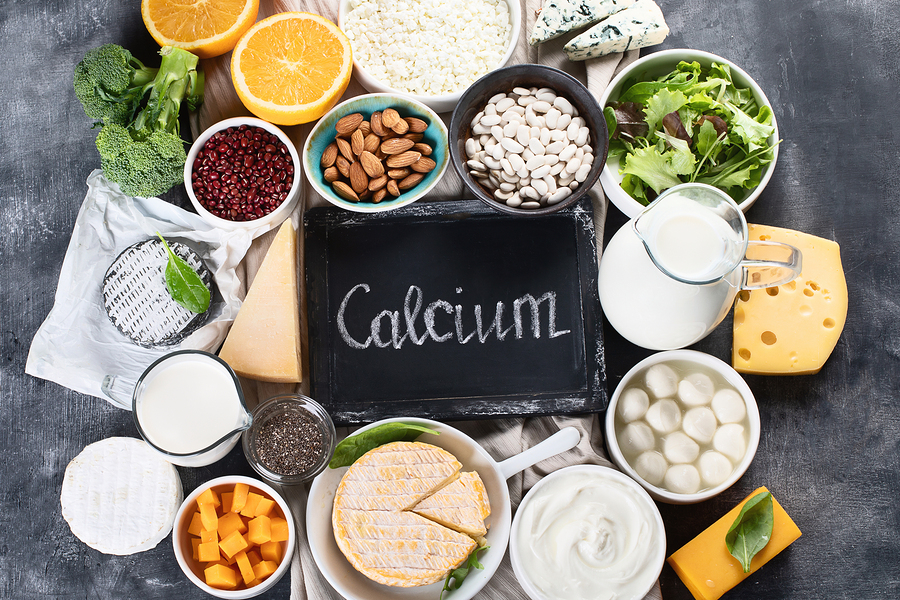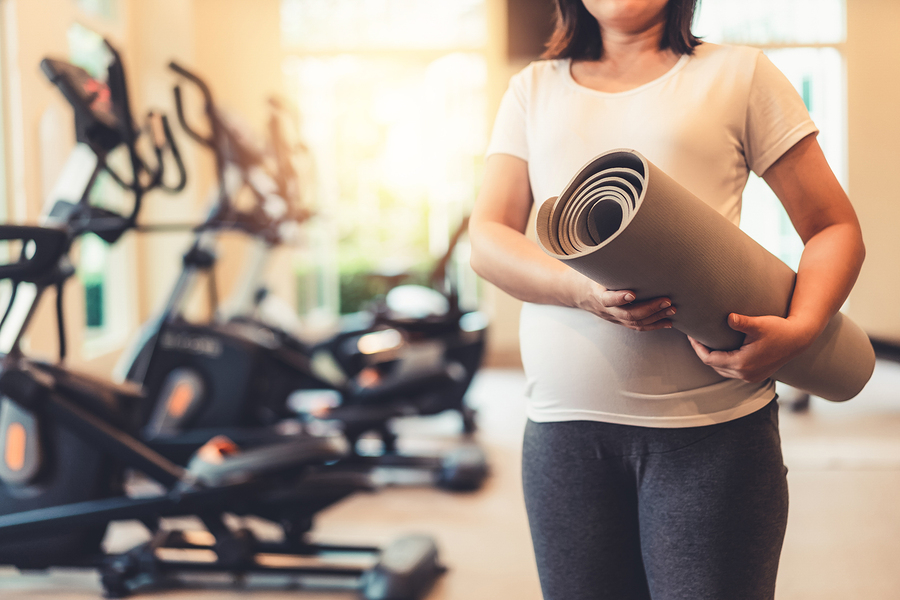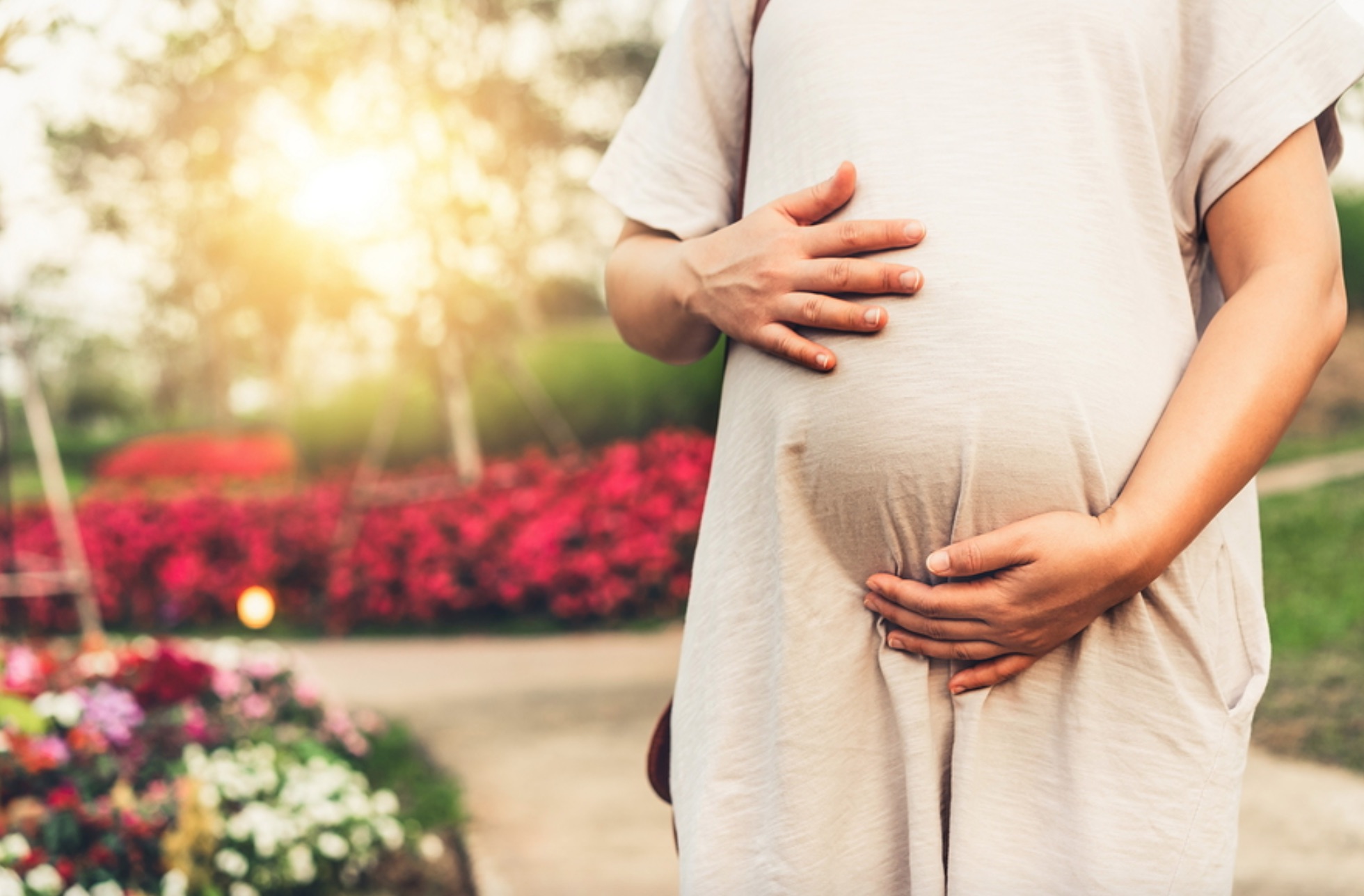The extra demands placed on the body during pregnancy can certainly take their toll. With the health of your unborn baby to consider in addition to your own health, there are several aspects of healthy living that you must give more time and attention to!
If you are pregnant, then exercising could feel like the last thing that you want to do! You may be experiencing decreased energy levels, a low mood, a fluctuating appetite, and disrupted sleep – all of which will of course leave you feeling less than your best self! The same may also be true if you have recently given birth and are breastfeeding. It is important to listen to your body during these times in terms of rest, but also to try and ensure you are staying healthy and physically active.
Some of the additional demands placed on the body during pregnancy can have an impact on the health of the bones. However, it is not all that common that serious problems will harm the health of the bones. Furthermore, if a problem does present then the body is usually able to remedy the problem naturally in the period of months following the labour.
That’s not to say that it isn’t important to do what you can to protect the health of the bones during your pregnancy. Taking care of your own health also equates to taking care of the health of your baby. When it comes to this topic, it is helpful to be aware of the roles that calcium and regular exercise can play.
Calcium
The ample development of the skeleton of your baby whilst in the womb requires an adequate amount of calcium to be consumed. In the last three months of your pregnancy, you should increase the amount of calcium that you are consuming. You may consider the use of supplements if you feel that dietary choices alone are not going to be enough for you.
If you don’t have enough calcium for the developing baby to get what it needs, then this calcium will be drawn from your bones. This means that your own bone health could become comprimised, depending on the severity of the deficiency.
On the other hand, when a person is pregnant, their ability to absorb calcium from food and supplements becomes much better than usual. Additionally, pregnant people naturally create more estrogen, which goes a long way to protecting the health of the bones.
For as long as you continue to breastfeed your baby, you should continue to consume more calcium than is usually recommended for someone of your age. It has been shown that breastfeeding can cause up to a 5% loss of bone mass. This bone mass can be recovered once breastfeeding has stopped and isn’t usually something that should cause you too much concern.
It is recommended that those who are pregnat or breastfeeding consume 1,000mg of calcium every day. However, if you are pregnant whilst in your teenage years then you should aim to consume 1,300mg of calcium each day. This is because whilst you are still in your teenage years, your body and bones are still developing. Therefore if you become calcium deficient due to pregnancy, then you could experience ill health conditions, such as osteoprosis, later on in your life.
Regular Exercise
Regular exercise is important during all phases of your life, and especially during pregnancy. If you are someone who does not have a great deal of experience with exercise, then that doesn’t mean that you can’t start gently now!
We most commonly think of our muscles getting stronger when we work-out, but our bones also stand to benefit greatly from certain types of exercise and other physical activity.
Weight-bearing exercises and resistance training are considered to be the two best types of exercise for the health of our bones.
Weight-bearing exercises are things like walking, hiking, walking up stairs, dancing, and running. Whereas resistance training is more concrned with weight lifting movements, and can also involve just using your own bodyweight.
As well as helping to maintain the health of your bones during pregnancy, regular exercise can also support your health at this time in other ways.
For example, exercise can help to reduce pain in the back, as well as the constipation and bloating that many people experience when they are pregnant. Exercising often is also thought to help prevent (and also ease the symptoms of) gestational diabetes.
Exercise has other benefits that can be experiened by everyone, not just pregnant people! Such as an improved mood, better sleep cycle, increased strength and more consistent energy levels. It’s also good to know that you can get your pre-pregnancy body back by sticking to a regular exercise routine after you have given birth.
Pregnancy and Bone Health
The discussion surrounding pregnancy and bone health is a fascinating one, and you can click here to read about it in more detail!
References
1. https://www.bones.nih.gov/health-info/bone/bone-health/pregnancy
Related Posts
Cigarettes May Inhibit Inflammation Treatments
Axial spondyloarthritis, also known as AxSpa, is a chronic…









